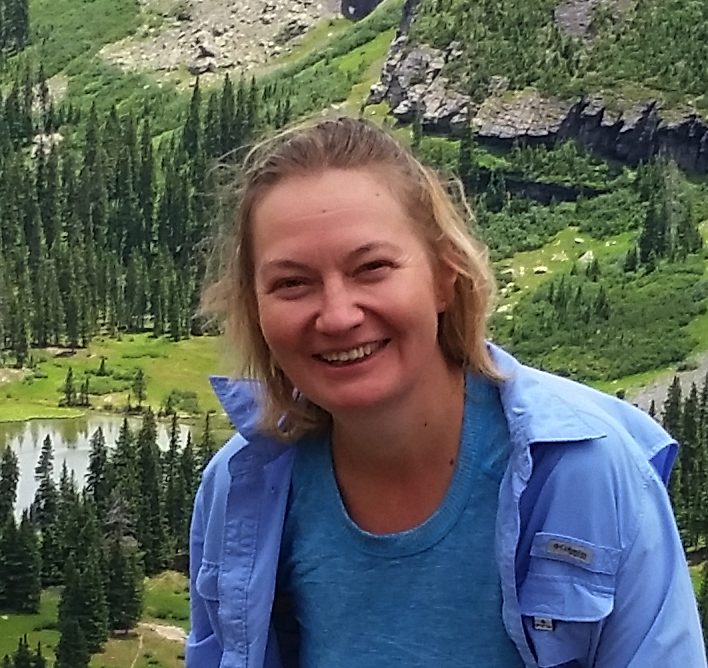Professor Lyudmila Slipchenko
Professor Lyudmila Slipchenko
Department of Chemistry
Purdue University
Host: Professor Jason Goodpaster
Understanding energy transfer in photosynthesis from polarizable models
Solar energy capture and conversion in plants and bacteria is governed by structure and interactions in photosynthetic pigment-protein complexes. In principle, theory and modeling can provide detailed picture of atomistic interactions in photosynthetic complexes. However, large size of molecular systems and complexity of underlying phenomena make practical simulations challenging, such that their accuracy is still far from having predictive power. Here, by rigorous comparison to experimental data, we show that describing protein environment with the polarizable effective fragment potential (EFP) method provides realistic description of excitonic interactions in one of the extensively studied photosynthetic systems, the Fenna-Matthews-Olson (FMO) pigment-protein complex. We decompose protein effects on electronic excitation energies into polarization and electrostatics components of individual amino acids. We also decipher specific mechanisms of how excitonic interactions in FMO are affected by local mutations. Thus, our simulations provide structure-function relations for excitonic interactions and energy transfer in FMO, and pave the way for predictive modeling of electronic properties and spectroscopy in other photosynthetic complexes.
Professor Slipchenko
The focus of Professor Slipchenko's research is on the development of theoretical and computational approaches targeting the electronic structure of extended systems such as photosynthetic and fluorescent proteins, molecular solids, polymers, and bulk liquids. Specifically, researchers develop universal force fields, QM/MM (quantum mechanics/molecular mechanics), and fragmentation techniques. These methods are broadly applicable to all areas of science and engineering; the resulting computer codes are implemented in the Q-Chem and GAMESS electronic structure packages. They also use the developed techniques to investigate fundamental aspects of non-covalent interactions and the effect of the environment on electronic structure.
